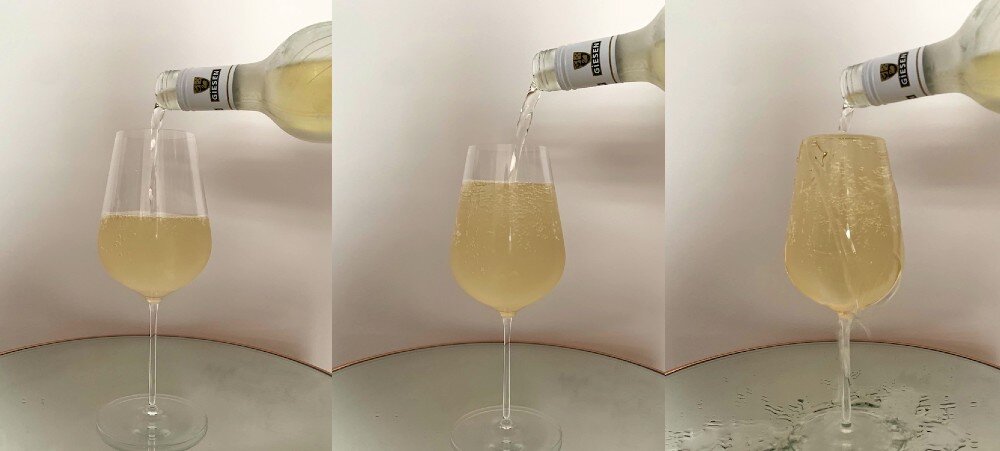The worst case scenario for wine in the UK?
I’m naturally optimistic. My wine glass isn’t merely half-full, it’s usually brimming over. But I can’t help worrying that the current outlook for wine in the UK has never been worse.
The impact of Covid-19 is enforcing chronic suffering on the wine trade worldwide. With restaurants, pubs and bars empty, they (and the rest of the supply chain) are running desperately short of cash. In an industry which already operates on tight margins, some businesses won’t survive, and for those that do the recovery period looks lengthy, unpredictable and accompanied by a severe recession.
If this wasn’t bad enough, the UK has just embarked on exiting the European Union. This would present wine-hostile consequences at the best of times. Without free movement of labour, staffing the places that sell so much wine in the UK will get much harder and more expensive. In addition, importing wine risks becoming prohibitively bureaucratic. This will further hinder an industry that is already facing the greatest societal adversity in generations.
But that’s not all. There are other longer-term trends that must make the UK look increasingly listless to wine producers. Wine consumption has been stagnant for many years, and the average bottle price remains stubbornly low - I still find it extraordinary that a bottle of wine can be bought for £3.65 at Tesco.
Worse still, a huge percentage of that price comprises of duty and VAT: profit is effectively non-existent at this level.
Just as worryingly, the anti-alcohol lobby seems to be gaining influence by the minute - just this week, the BBC published a front-page article warning against excessive drinking during lockdown, and the next generation of wine drinkers already comprises a growing percentage of abstainers.
Are there any positives?
The prospects aren’t entirely hopeless - they never are. The UK still has a huge concentration of wine expertise, history, merchants and global connections that will remain important to the wine world, for the time being at least.
Retail wine sales seem to have benefitted from the lockdown, although supermarkets have the biggest advantage, a scenario which is not necessarily synonymous with a healthy wine trade. Even so, the much-celebrated boom in independent merchants has kept the UK wine industry diverse and dynamic in recent years. Many of them have a hybrid shop/bar model that offers greater choice to the customer, bringing an incredibly broad range of wine styles to the high street.
And while on-trade premises will suffer in the immediate future, a cheaper pound could make UK tourism more attractive in the longer term, thereby boosting wine sales for bars and restaurants, although that seems a long way off with the current pandemic restrictions.
the importance of optimism
Nobody can know for sure how things will pan out, but the circumstances facing the UK wine trade in the era of Covid, Brexit and neo-prohibition are daunting to put it mildly. My usual optimism is dampened by the reality of the situation.
But without an optimistic attitude, it becomes even harder to keep the UK wine trade healthy. More than ever, the industry needs to work together, think positive and do everything it can to ensure that wine continues to provide unique daily enjoyment for those that drink it, and sustainable profit for those of us that sell it.
Whichever way you look at it, the UK wine trade is facing dreadful adversity, and there’s no way of knowing how things will turn out. As an observer from Singapore, I wish nothing but prosperity for the UK: the most important thing is to not give up hope.


